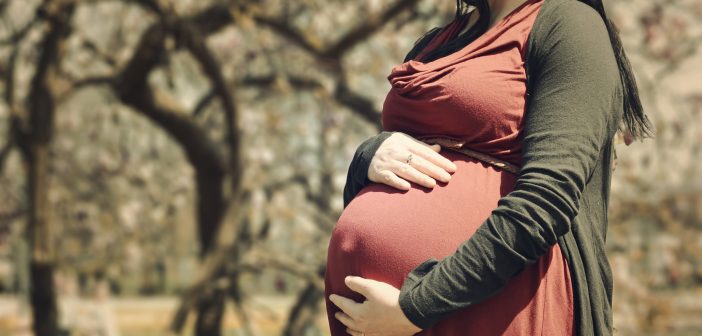There can be no dispute that having children changes us.
Our relationships change, both with our partner and others. Our priorities in life change as we take on the responsibility of caring for another human. Even our sense of identity and position in society changes as we go from “woman” to “mother”.
Of course, the most obvious changes that occur are to our bodies. With human anatomy being the amazing wonder that it is, we experience many internal and external changes as we conceive, carry, birth and subsequently care for our babies.
Morning sickness, fluid retention, stretch marks, separated stomach muscles, breast changes and more. Most of these things are able to be seen and felt, with all being medically acknowledged. They can be put down to hormonal changes and the physical implications of bearing a child.
However, a major change that women experience during pregnancy is only fairly recently been scientifically examined; change to our brain.
Published in the Nature of Neuroscience earlier this year, a study examined the structural changes that happen to a woman’s brain during and after pregnancy.

What they discovered was very interesting and something that most mothers could attest to; having a baby significantly changes the structure of your brain.
MRI images of women during pregnancy and up to two years after giving birth showed reduction in grey matter in the brain. While tests were inconclusive regarding impact to cognitive function, the study recommends further research in this area.
Having been pregnant myself three times and knowing that grey matter includes areas of the brain involved in functions such as decision-making, memory, emotions and self-control, I think I can formulate a pretty solid hypothesis.
It is well reported that women experience brain fog, memory lapses and trouble making decisions when pregnant and looking after babies. “Baby brain” is more than just an old wives tale and often goes beyond sleep deprivation.
I’ll never forget how a friend told me about the time she took her newborn and toddler shopping. She parked her car and went into the shopping centre, only to return a significant time later to find the back door wide open from when she had taken her baby out.
At least she remembered the baby, unlike another friend who recalls the time she drove out of the driveway only to be reminded by her daughter that she had completely forgotten to put her youngest child in the car!
Of course, then there are all the forgotten errands, the lost keys and phones. A friend apparently used to put her purse and phone in the fridge quite regularly.
These are just a few of the many everyday things our brains struggle with while adjusting to the changes thanks to pregnancy and birth.
It is also well documented that another region of the brain that changes during pregnancy is the amygdala. This is a little almond shaped structure responsible for emotional responses such as fear, anxiety and aggression. Increased function during the maternal period is believed to make mothers hypersensitive to her babies needs.
With changes to areas of the brain so connected with emotions and raging hormones, it is not surprising that women can experience higher levels of depression and anxiety at this sensitive time.
I remember quite clearly the day I knew my anxiety had reached troubling new heights as I stood in the cereal aisle, overwrought by the decision of selecting a high fibre cereal (yet another change thanks to pregnancy and birth).
Thankfully we live in a time where there is increased awareness around the issues that impact women mentally and physically in the ante and post-natal period. It’s good to hear the stories and experiences of other women to know we are not alone, and it’s even better to know our experiences are backed up by science.

